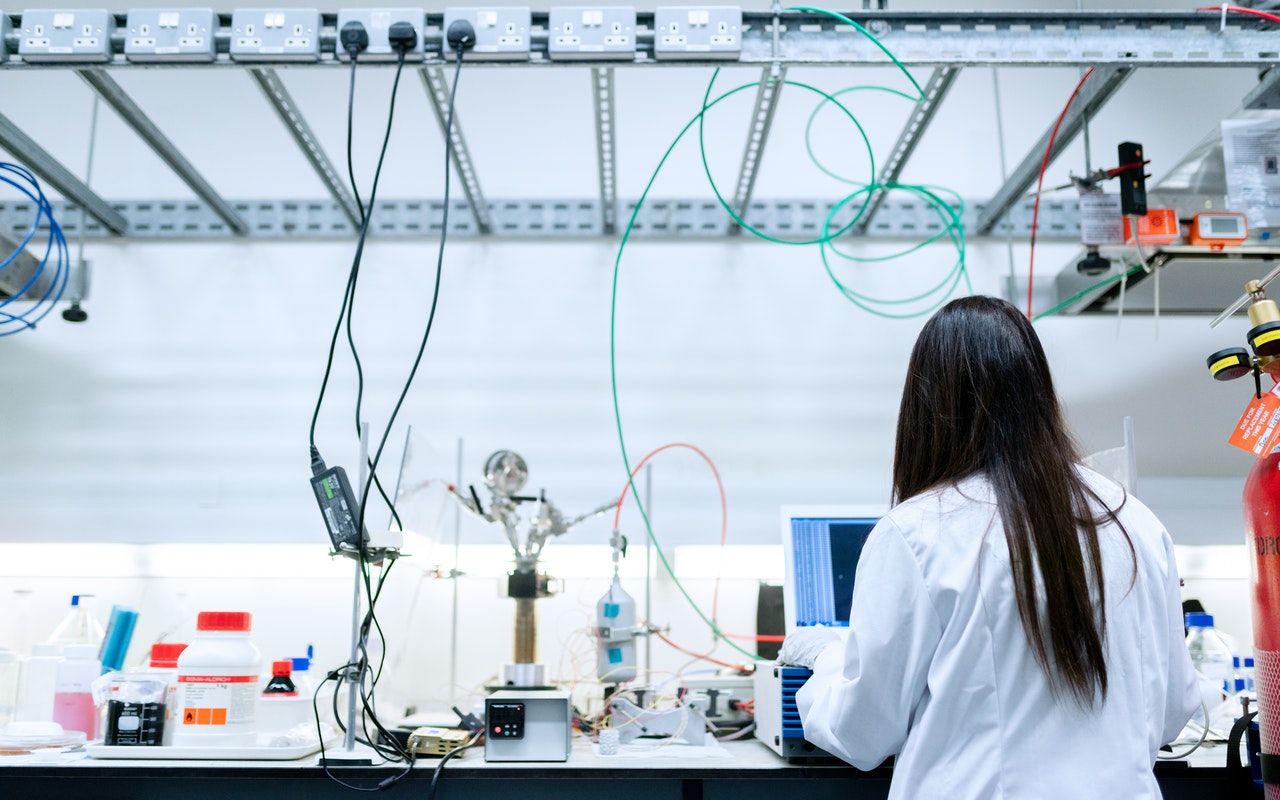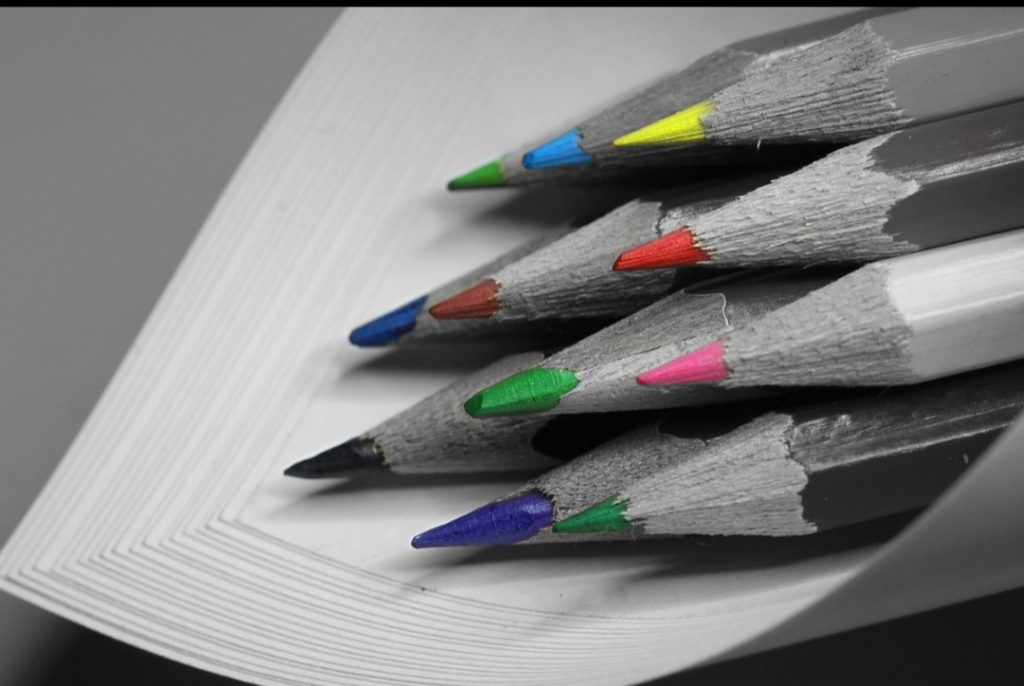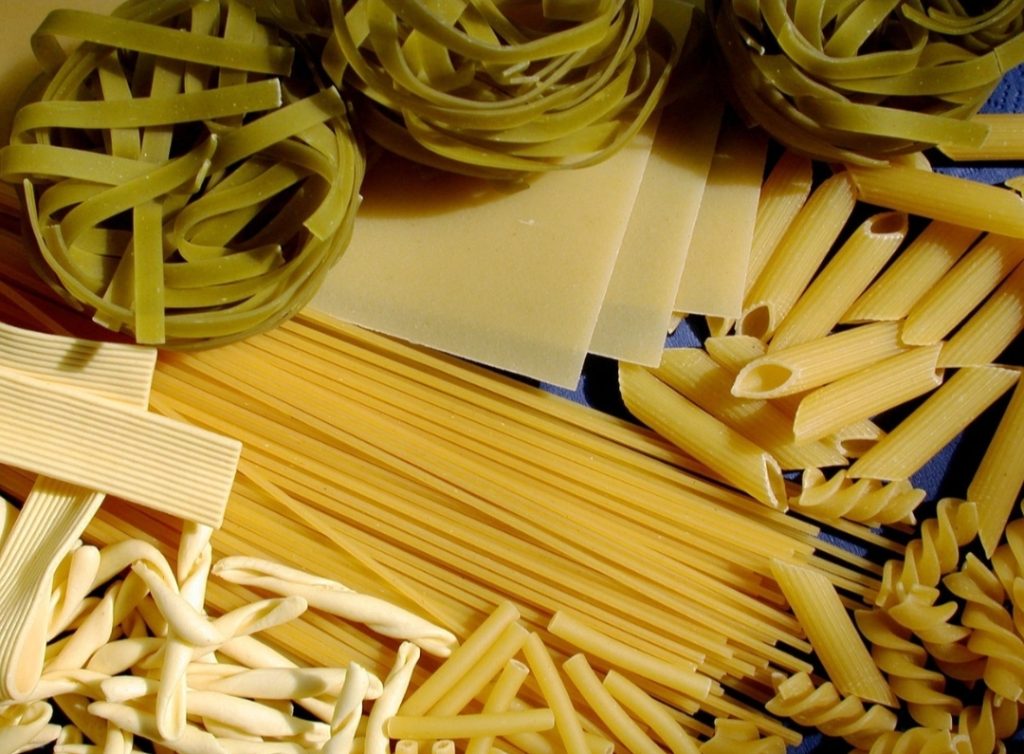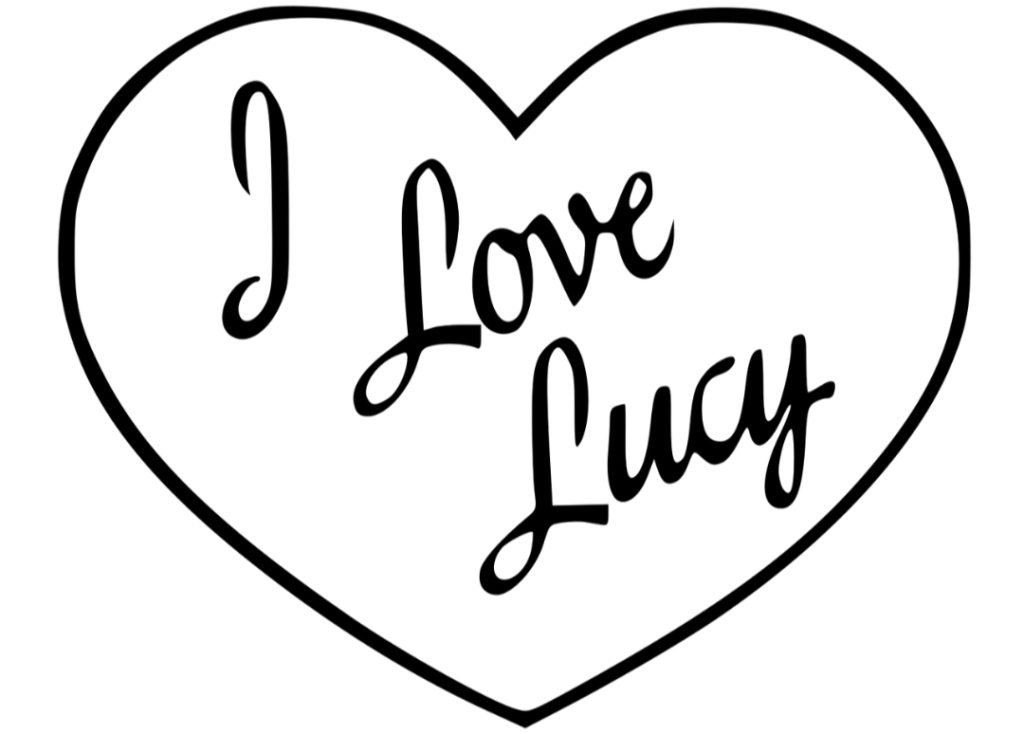When I received the list of blog topics for June, I was highly interested in at least 3 of them including “Women’s Golf Month,” a game I am deeply addicted to; “Forgiveness Day,” a practice I have been learning for a while; “National Best Friends Day,” a category of people I am forever grateful for and madly in love with; “International Yoga Day” and “National Gardening Exercise Day.” My interest list is too long to choose; I was teasing myself, “Better to be a writer than an engineer.” Then I saw “International Women in Engineering Day.” It was literally my backyard; if not me, who else in our volunteer blogger team would claim this topic? Here we go, I am writing on this topic. The problem arose after I decided on the topic. I come from a different culture and apparently couldn’t represent the opinions of all women engineers. To avoid any bias, it would be safe for me only to share how I work and how engineering shapes my way of thinking, living, and loving.
The reason I ended up in Engineering was pretty simple – by eliminating multiple choices. I was born in a small village where we never saw bankers, musicians, artists, or people with other careers. So those choices were automatically eliminated. Influenced by the hardworking and diligent older generations, I wanted to make a living based on my skills. Science subjects seem to be something society will always need, and I was good at them in school. I decided to choose the science path in high school. In college, I didn’t choose biology simply because I don’t like killing little rats in the lab; no physics because I started to feel lost in my college physics lab courses; all these wave experiments and lab reports drove me crazy; and no math, because I am an extrovert, not able to sit still for hours to solve equations every day. What was left was chemistry, and I enjoyed the chemistry lab, but I also wanted to go beyond the molecular world and create some practical influences. Bingo, here I am, the chemical engineer.
Now I am teaching engineering classes, doing material science and engineering research, and serving as an adviser for the Society of Women Engineers at my university. I enjoy every aspect of my engineering work. It gives me the arena to explore my brain’s rational side and make a broad impact among students. I also feel surprised and appreciate how society respects women engineers. Most of the time, when people I meet for the first time hear that I am an engineer, they praise me and say things like, “You must be really smart.” Although I often joke back: “You would regret what you said once you saw my awkward golf swing,” deep inside, I take it as encouragement and feel the responsibility of nurturing and supporting more female students to engage in engineering careers.
Currently, there is a huge gender gap in the engineering field. For instance, I am the only female tenure-track professor in my department. One of my passions is to provide engineering resources to high school students interested in the subject. This summer, I am taking three high school students to intern in my lab. If I can get one interested, I feel my efforts will be 100% returned. As a female engineer, one question my female colleagues and I usually get asked a lot is, “How do you balance work and life?” The interesting point is that male engineers seem often to not be asked the same question. Being asked this indicates that females face more challenges on this career path given the limit on childbirth age, the role of caretaker, and many other responsibilities. Taking myself as an example, I try to grade myself in three categories on a scale of 1 to 10 every year: Self-growth, career, and family. The first two I could rank above 8; the family one I don’t want to, but I have to put it at 3. To answer that question well with action, at least for me, is hard. The good thing is that engineering is my passion. There is loss, and there is gain.
Engineering means to delve into something/problems/uncertainty and to find the root cause, ideally, solutions in any way possible. In hindsight, this concept has deeply penetrated my lifestyle in many ways. I remember when my 12-year relationship started to fall apart, and my first response other than devastating heartbreak was to figure out why and how to resolve the issue. In those dark moments filled with confusion, fear and tears, the seeking for why and how prodded me to read piles of relationship and self-growth books and sit in many therapy sessions for solutions. The endeavor didn’t reconcile the relationship, but indeed it helped me come out of the crisis as a better version of myself; deeply scarred, but definitely more understanding of self and humanity and with more empathy for my own and others’ suffering. The finding of “why and how” is very important to me because I can try to avoid the same type of mistakes. I like the phrase: “If you don’t know how to swim in this pool, you will drown in another pool.” With this, I mean, if one doesn’t know how to swim in this pool, just changing pools won’t work. In other words, if I couldn’t work things out with this partner, but I didn’t know why, even if I changed to a new partner, it could end badly.
With good intentions in mind, seeking solutions but being open to any results is how I engineer my life and work. It takes much effort to engineer a better world as well as a better person.
Her Nexx Chapter invites you to join our free Community where women from around the world are connecting with each other’s stories, exploring different experiences, and transforming ideas.
The Future of Connection for Women








0 Comments